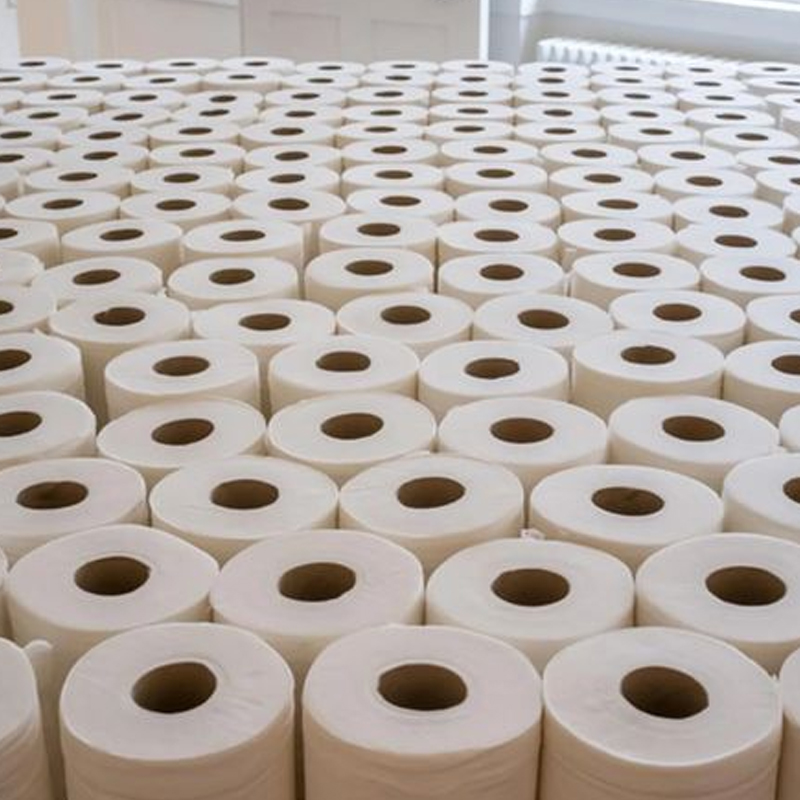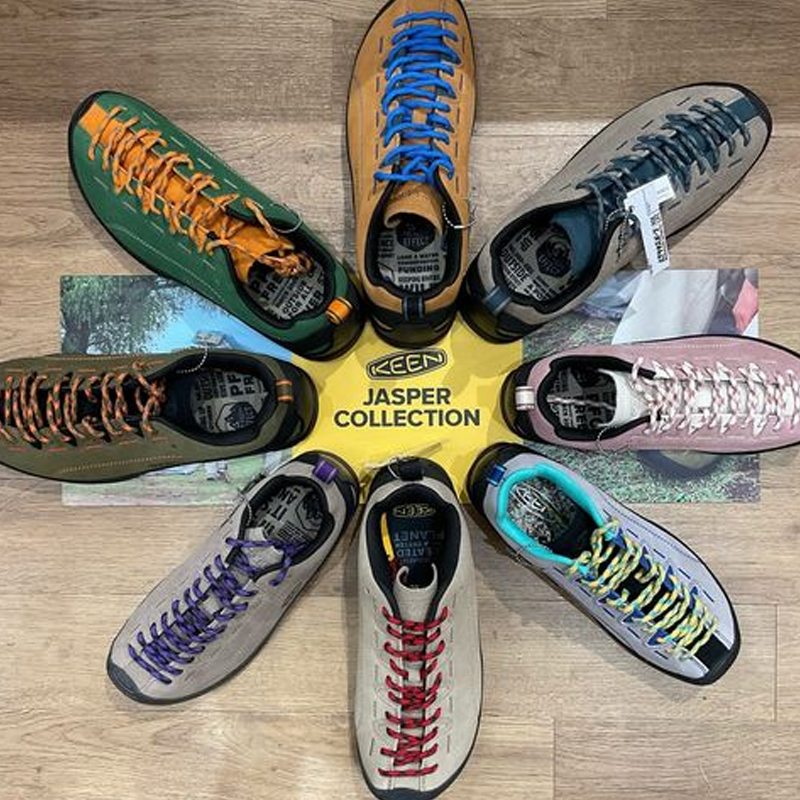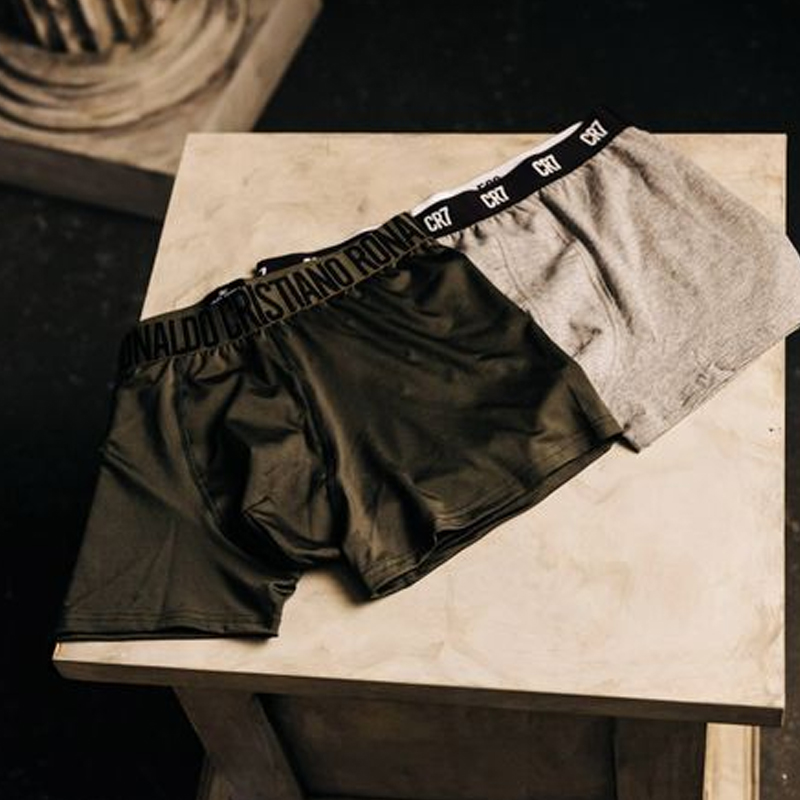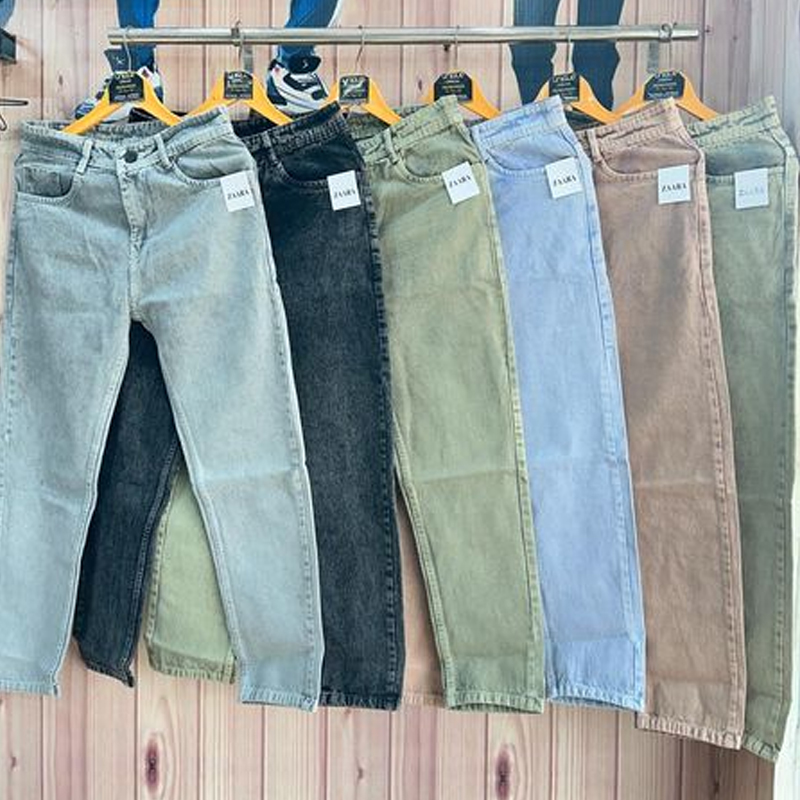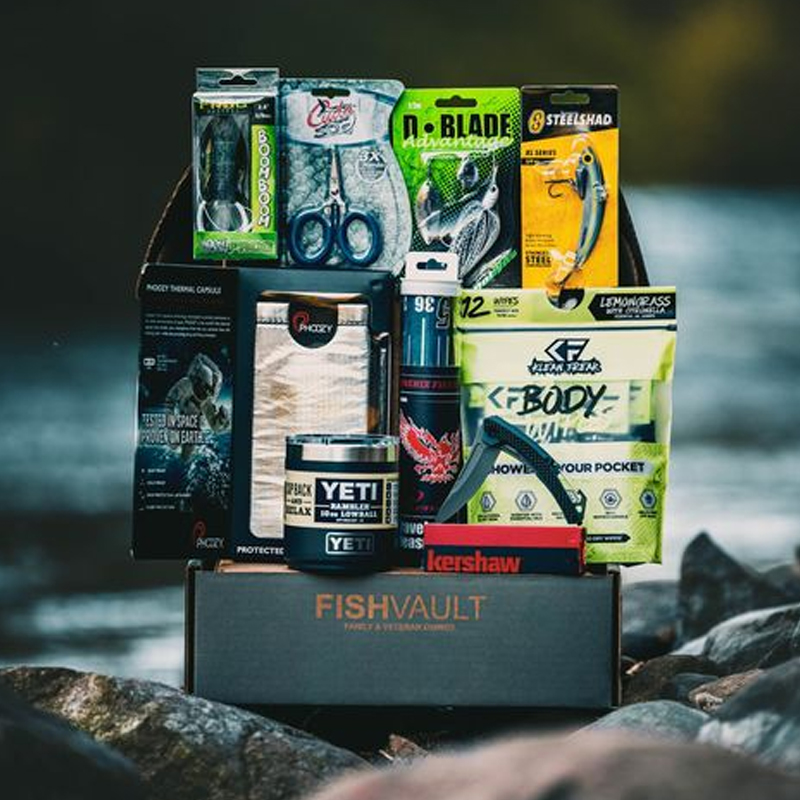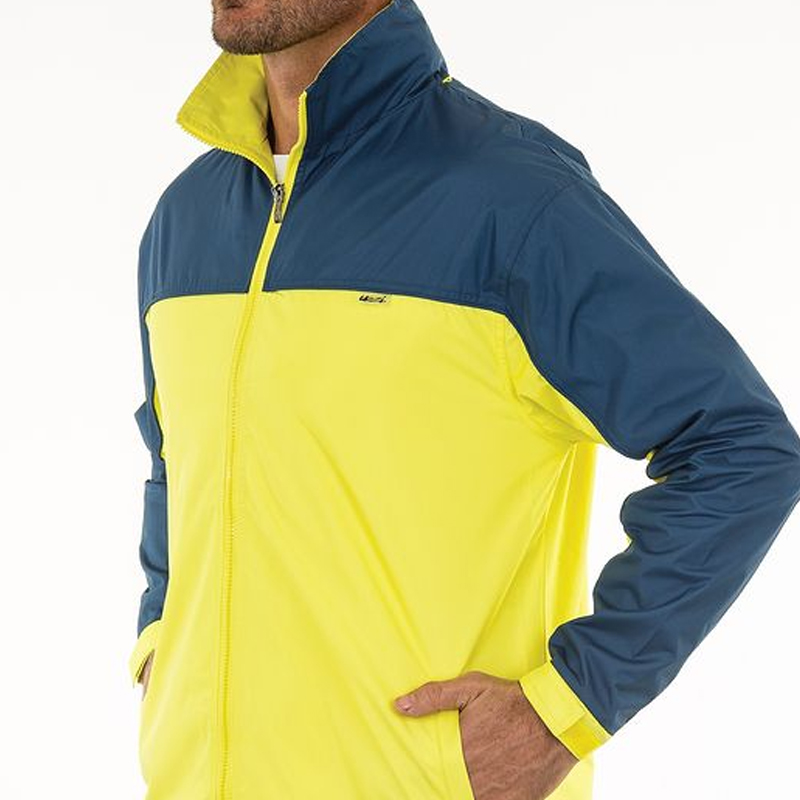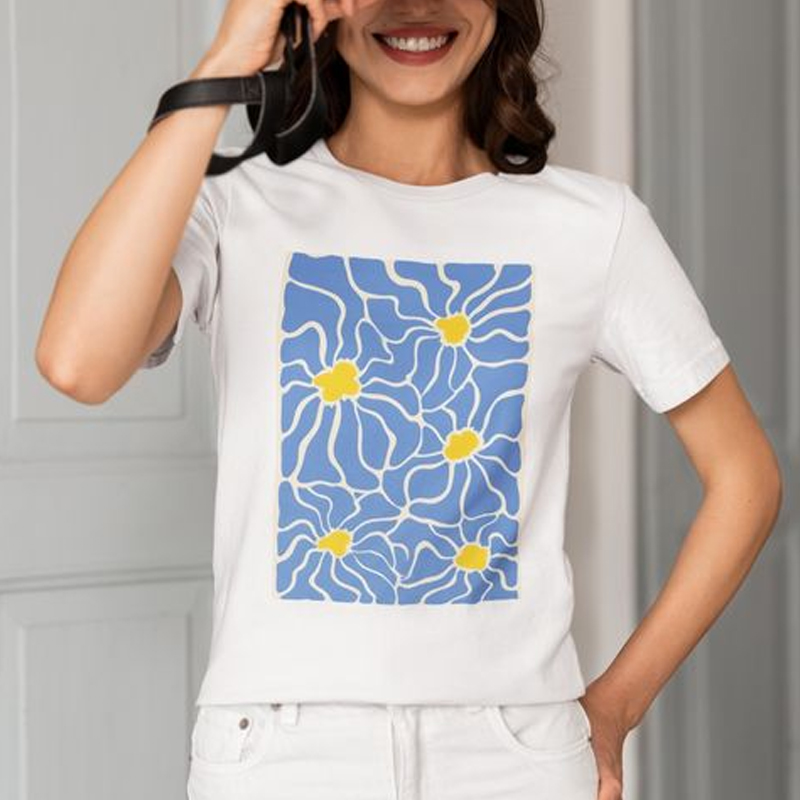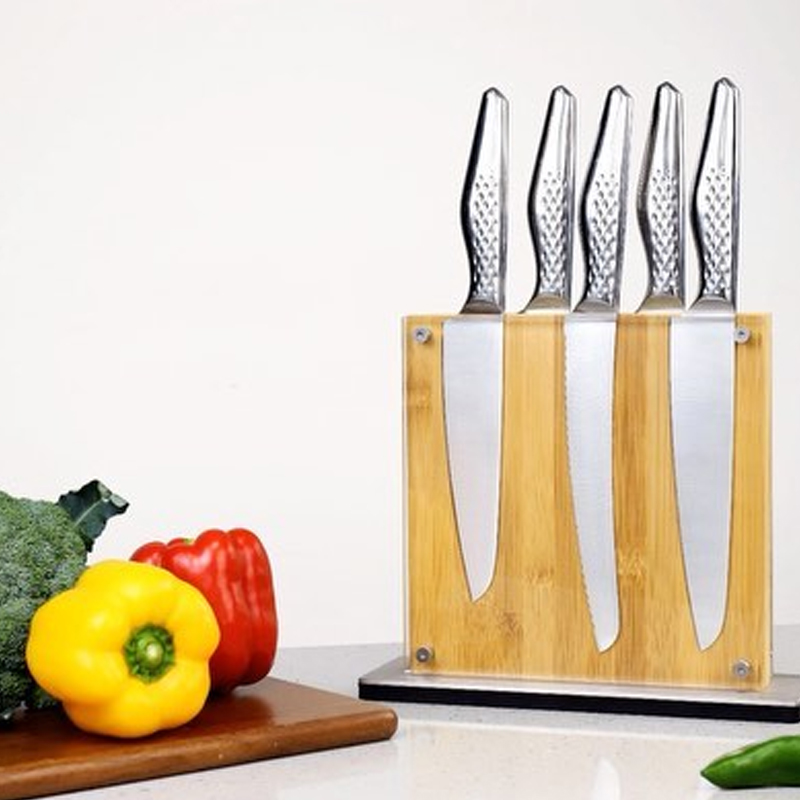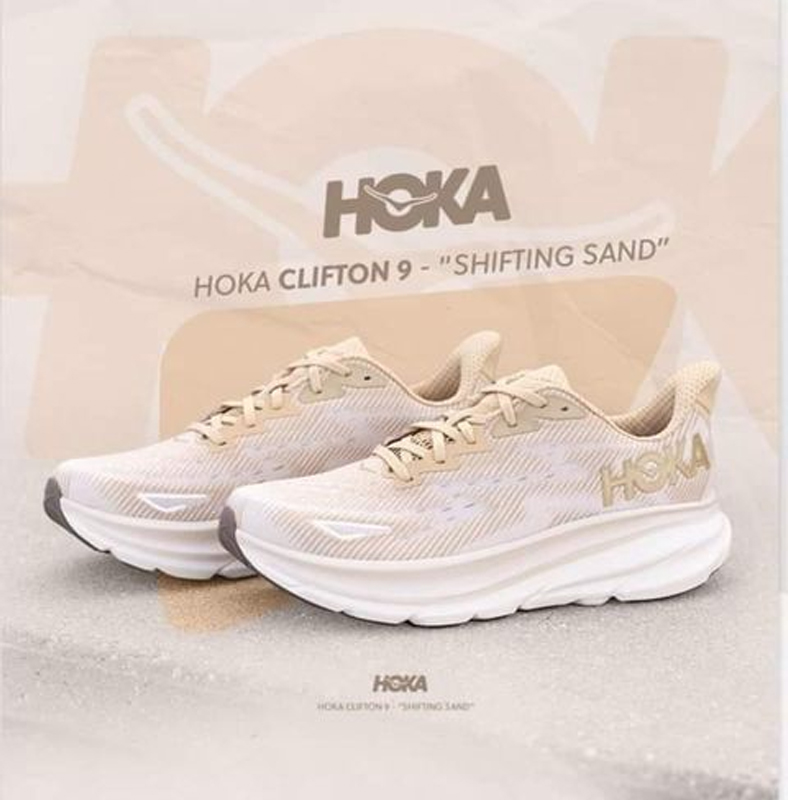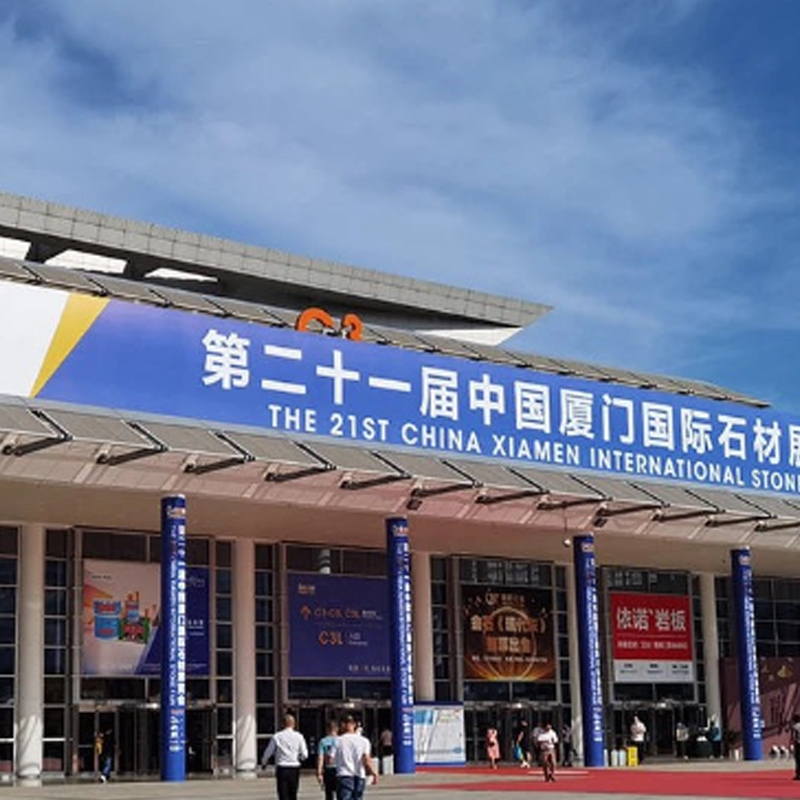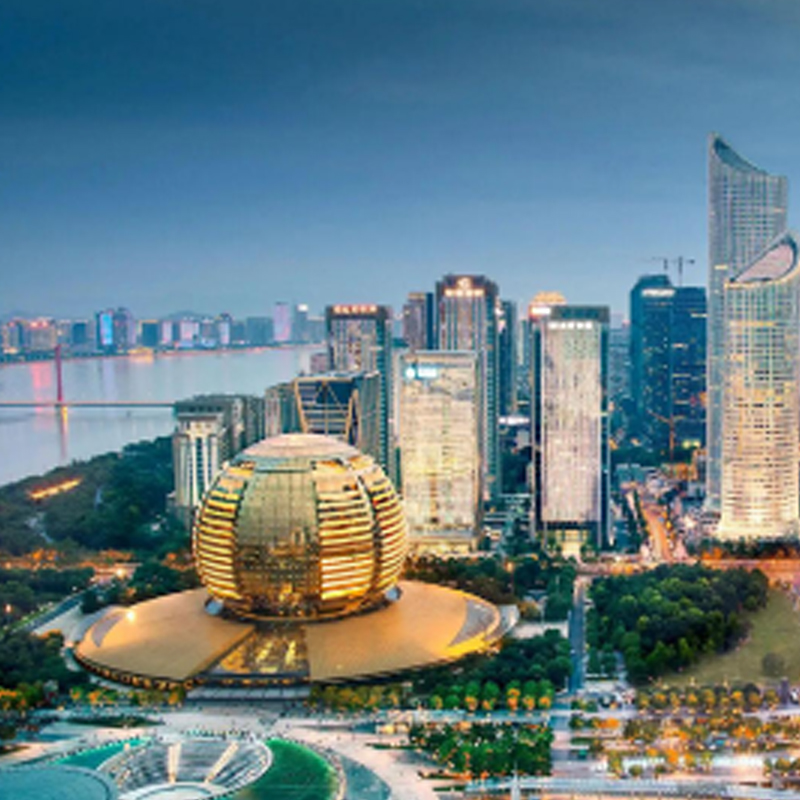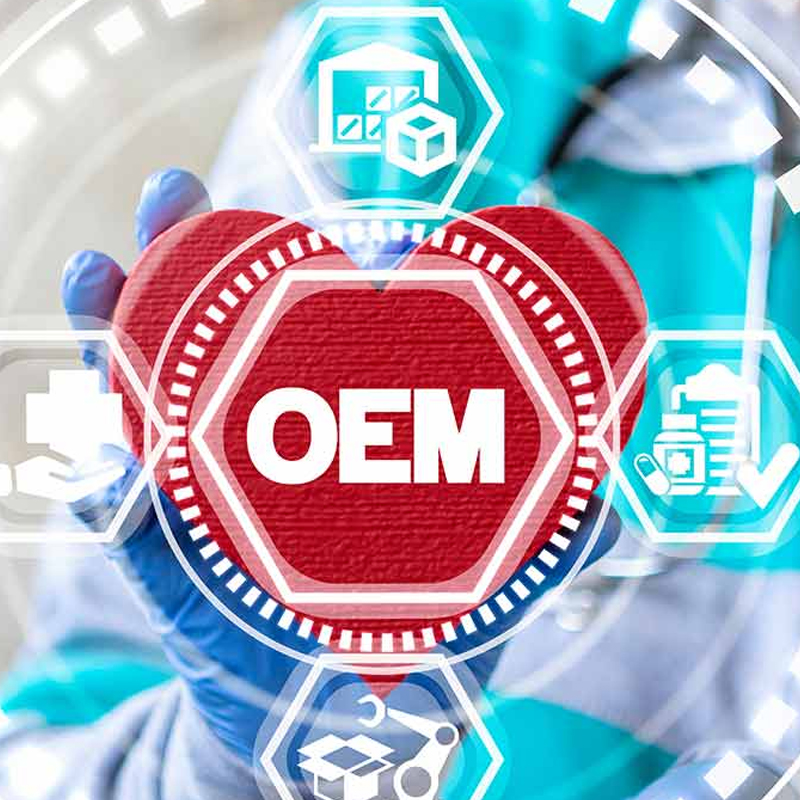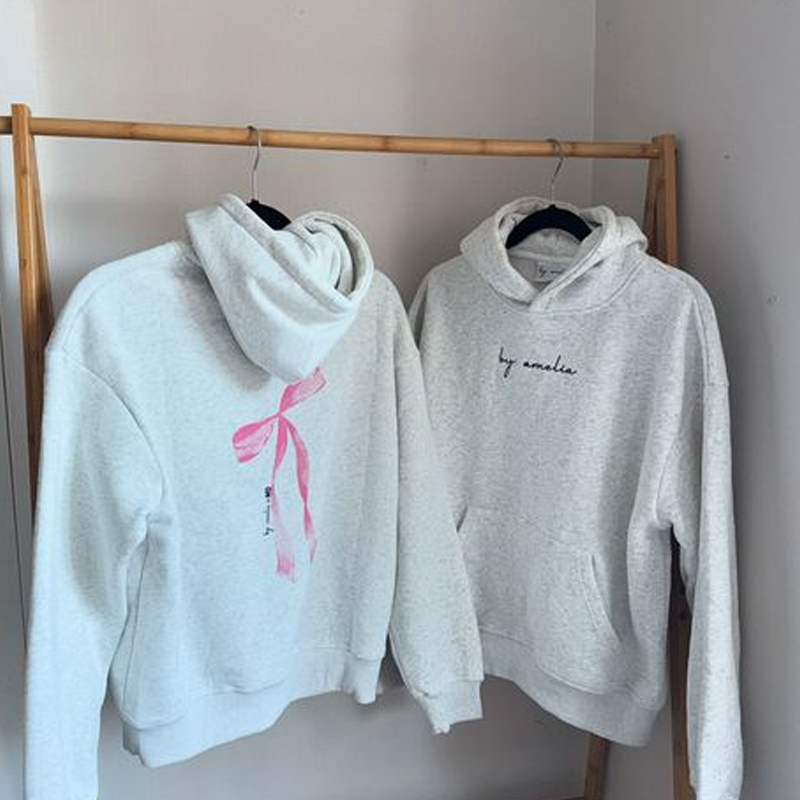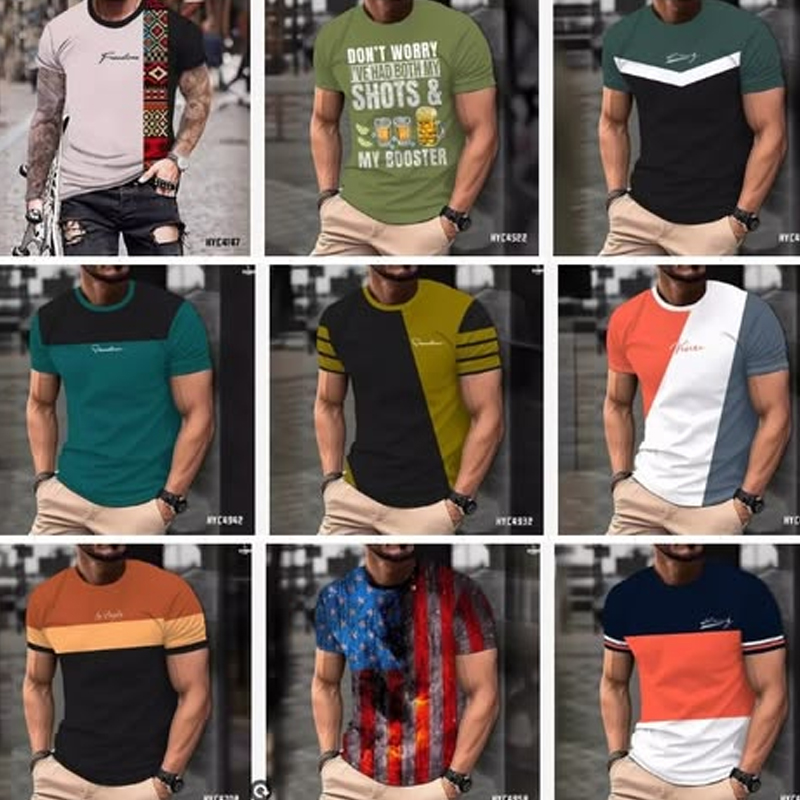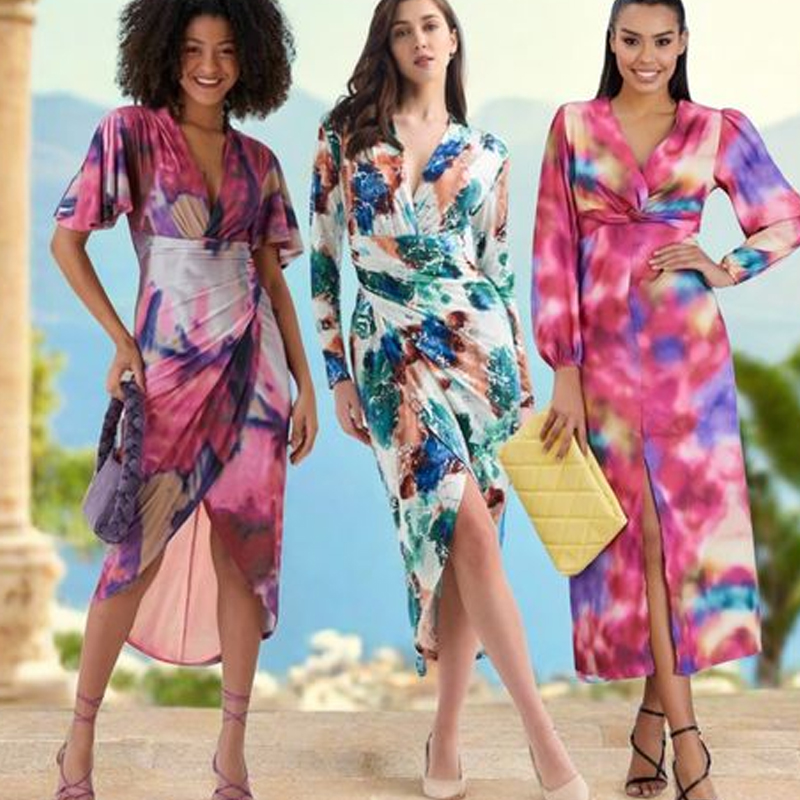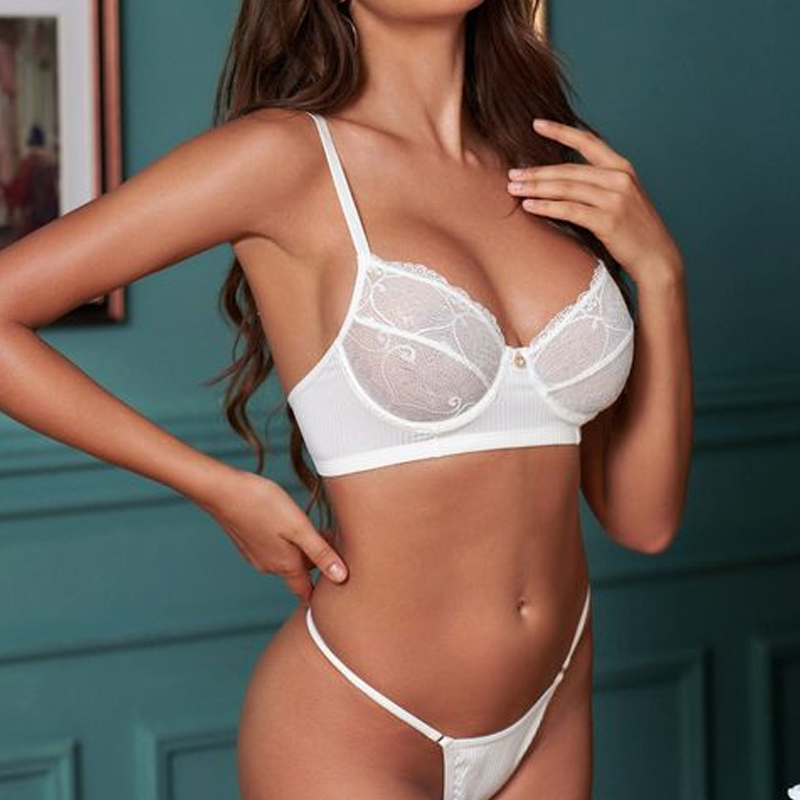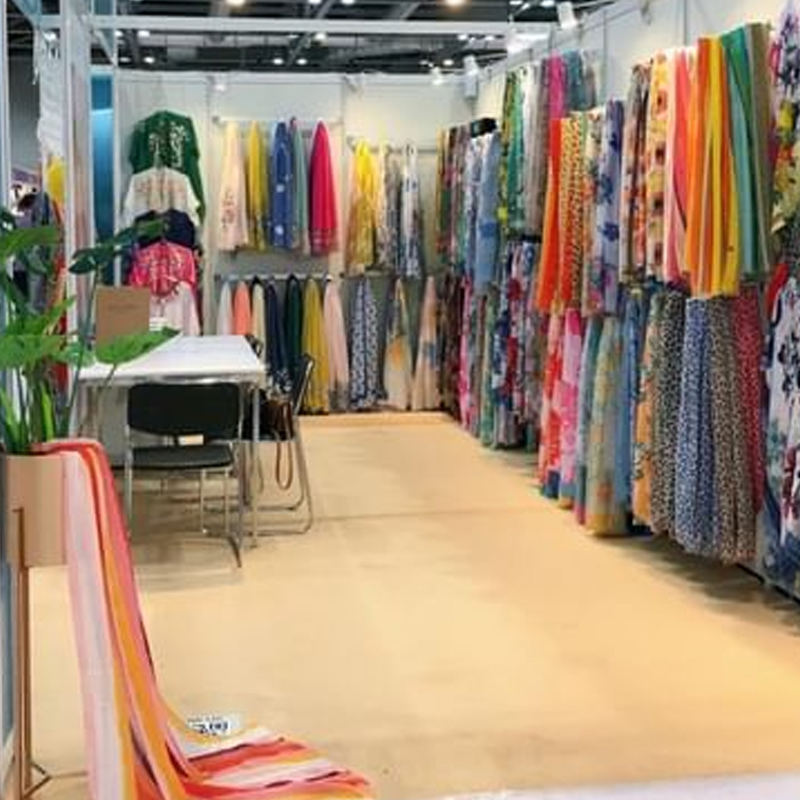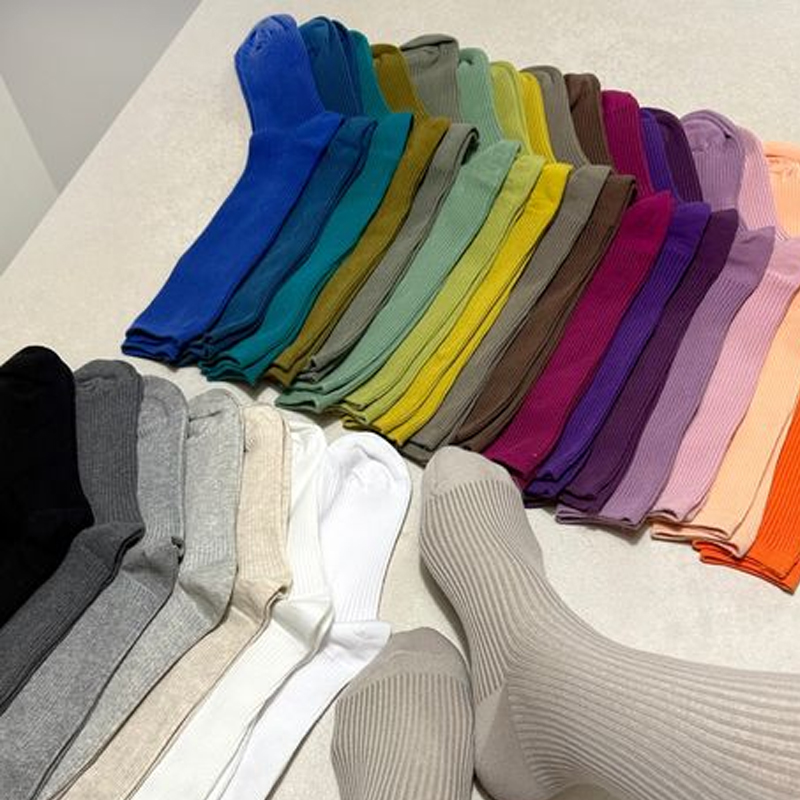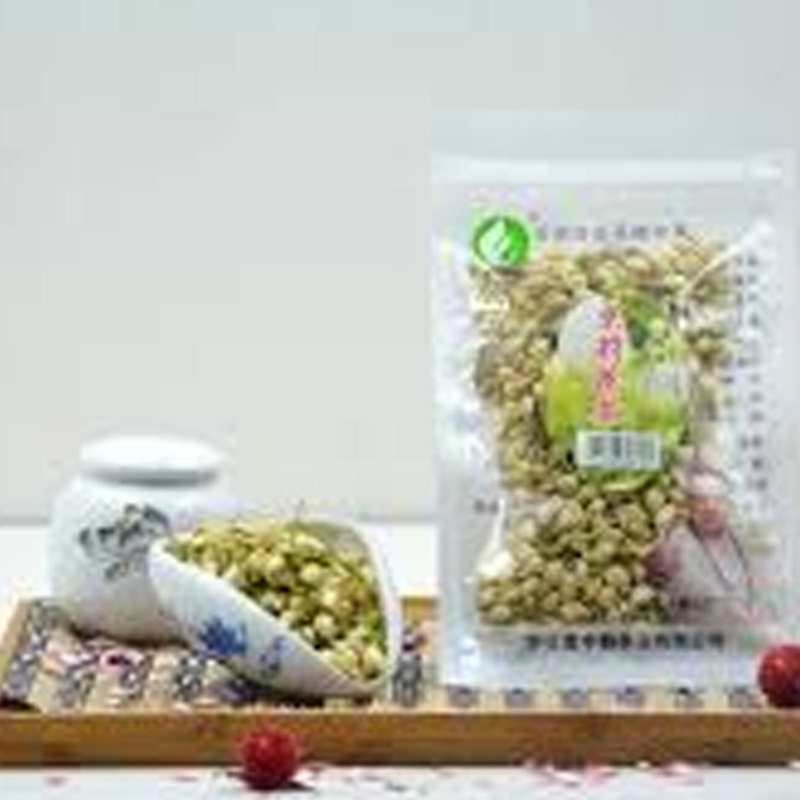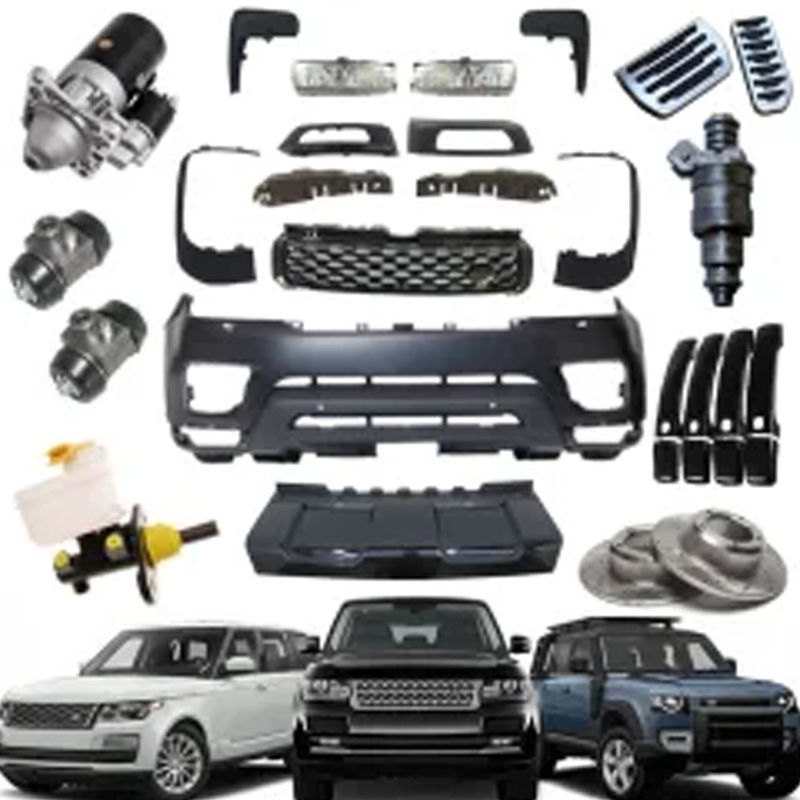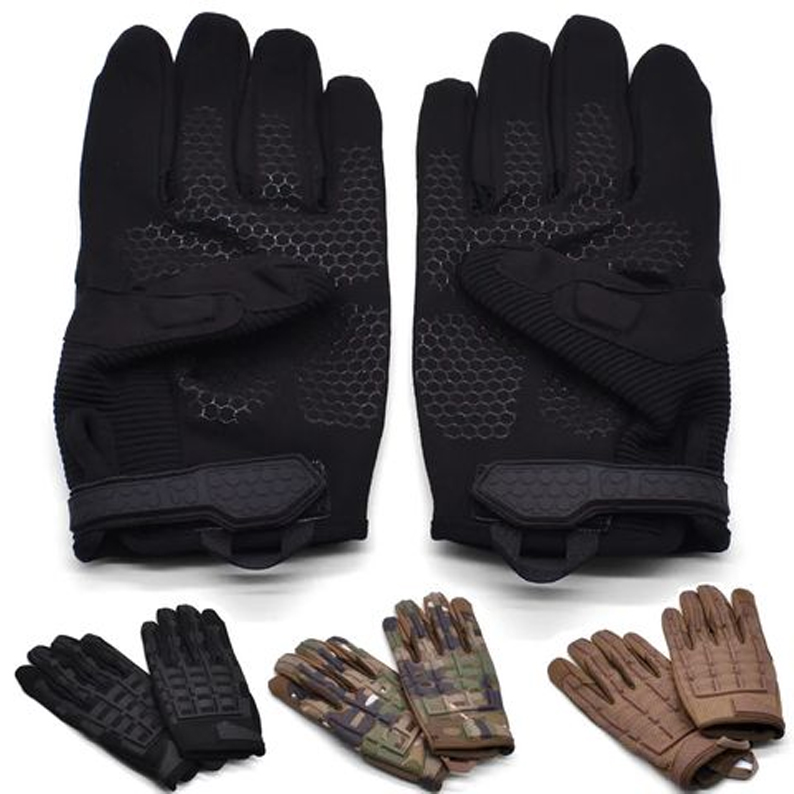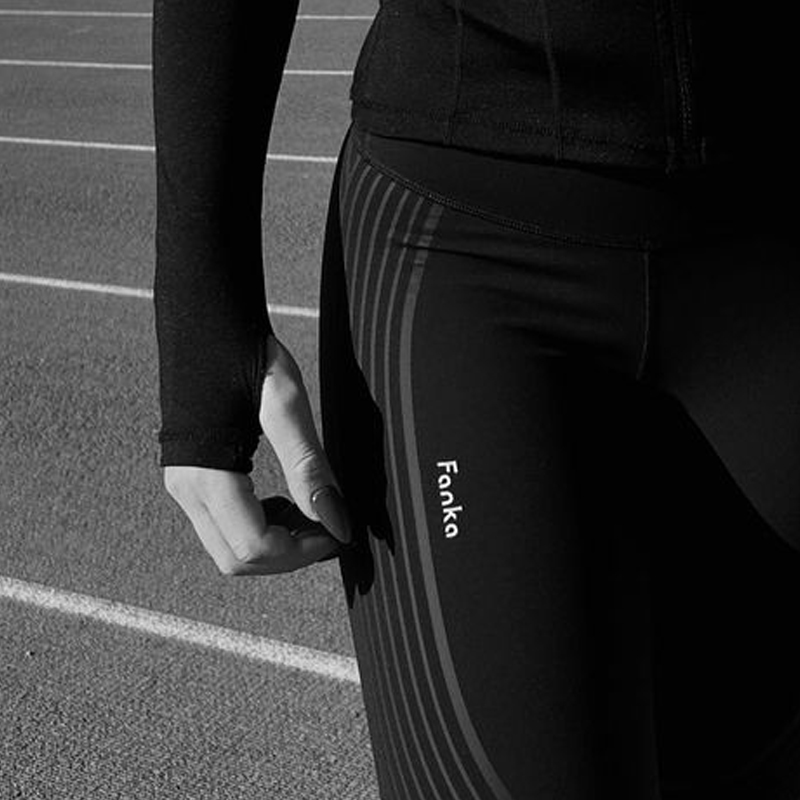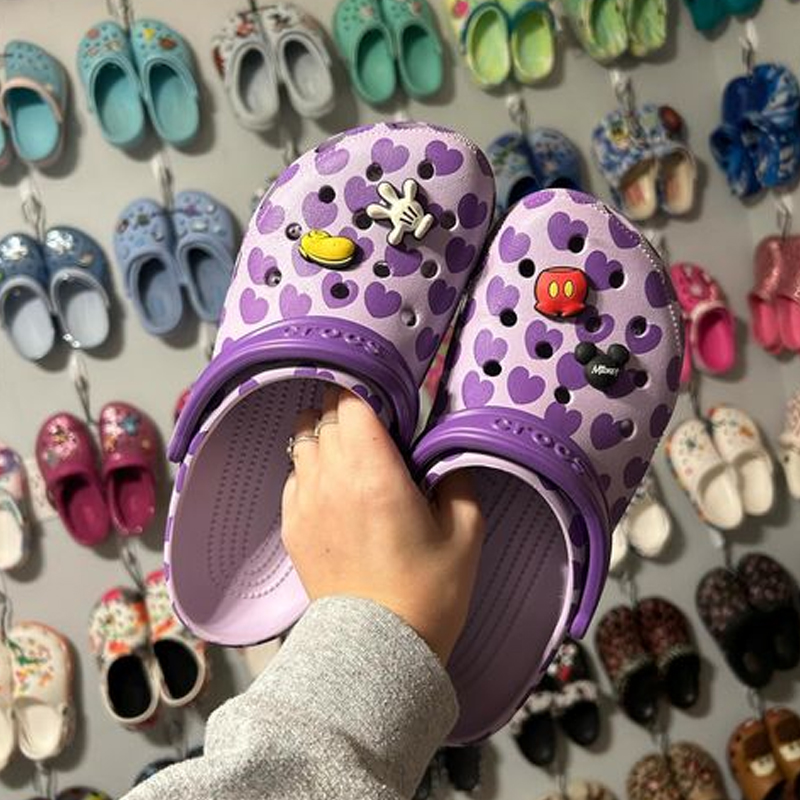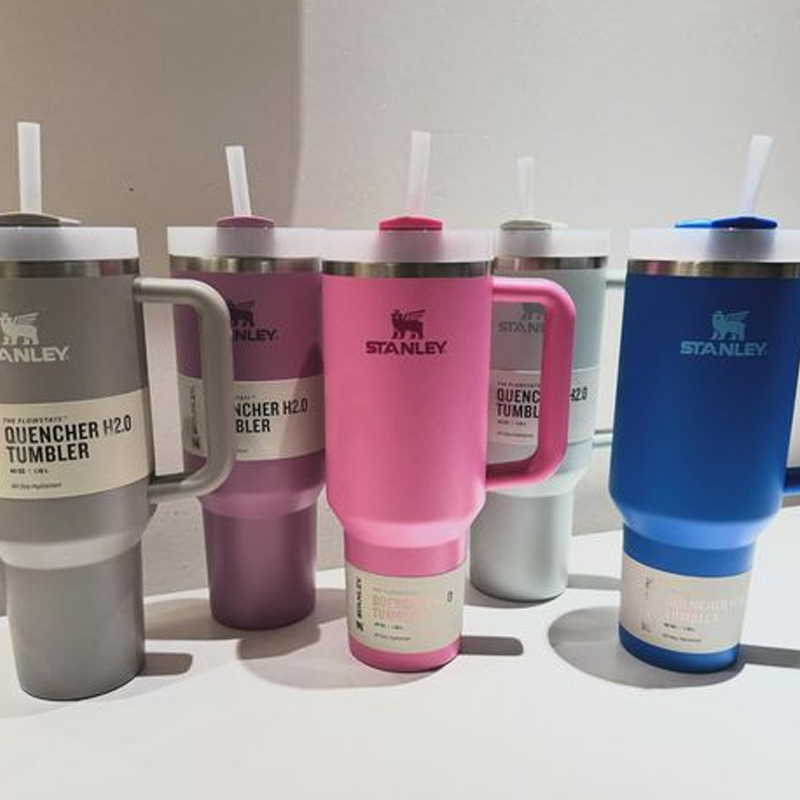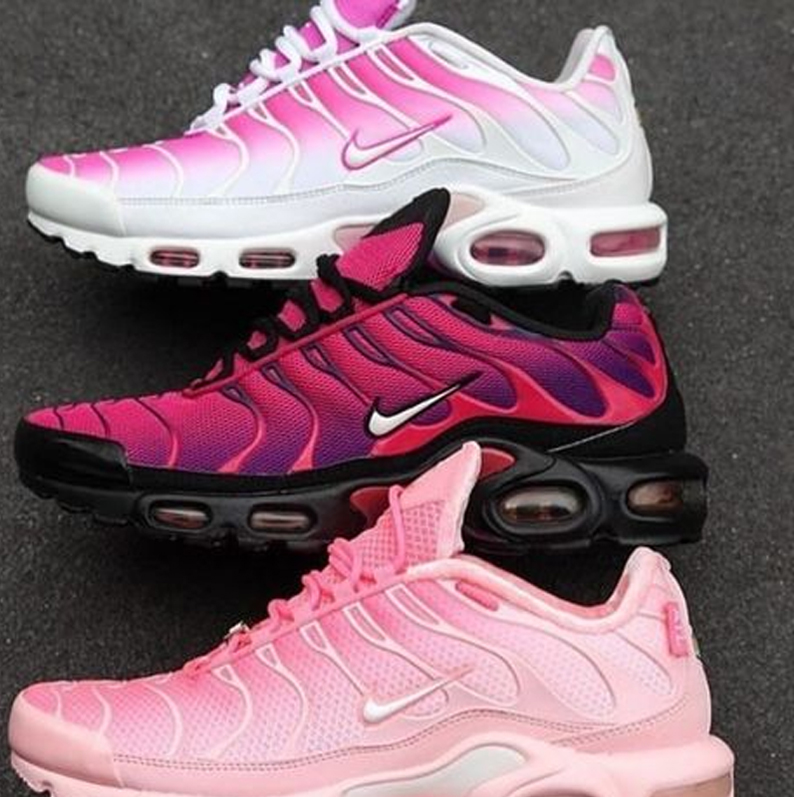Are you ready to dive into the lucrative world of private label beauty products? Look no further than the liquid gold of the beauty industry: argan oil. This article will guide you through the essential steps of creating your own private label argan oil line, from sourcing quality oil suppliers to mastering extraction methods. We’ll explore product purity, target market analysis, quality control measures, and fair trade practices. Plus, we’ll delve into crafting a unique brand identity, designing eye-catching packaging, and conducting efficacy testing to stay ahead of beauty trends. Buckle up for a comprehensive journey that will transform your entrepreneurial dreams into a thriving argan oil empire!
Key Takeaways: Your Roadmap to Argan Oil Success
- Choose reputable oil suppliers committed to quality and sustainability
- Understand the importance of cold-pressed extraction for preserving oil purity
- Implement rigorous quality control measures to ensure product consistency
- Develop a unique brand identity that resonates with your target market
- Design packaging that’s both eye-catching and eco-friendly
- Leverage beauty influencers and social media marketing for brand awareness
- Conduct thorough efficacy testing to back up product claims
- Stay informed about emerging beauty trends to keep your product line relevant
The Allure of Argan Oil: Why It’s Your Golden Ticket to Beauty Market Success
Argan oil has taken the beauty world by storm, and for good reason. This versatile elixir, derived from the kernels of the argan tree native to Morocco, is packed with essential fatty acids, vitamin E, and antioxidants. Its multi-use formulas make it a favorite among beauty enthusiasts for hair, skin, and nail care.
The global argan oil market is projected to reach $499.90 million by 2027, growing at a CAGR of 20.7% from 2020 to 2027. This explosive growth presents a golden opportunity for entrepreneurs looking to carve out their niche in the beauty industry.
By launching your private label argan oil line, you’re not just selling a product; you’re offering a piece of Morocco’s rich beauty tradition. With the right approach to sourcing, production, and marketing, your brand can become a household name in the competitive world of natural beauty products.
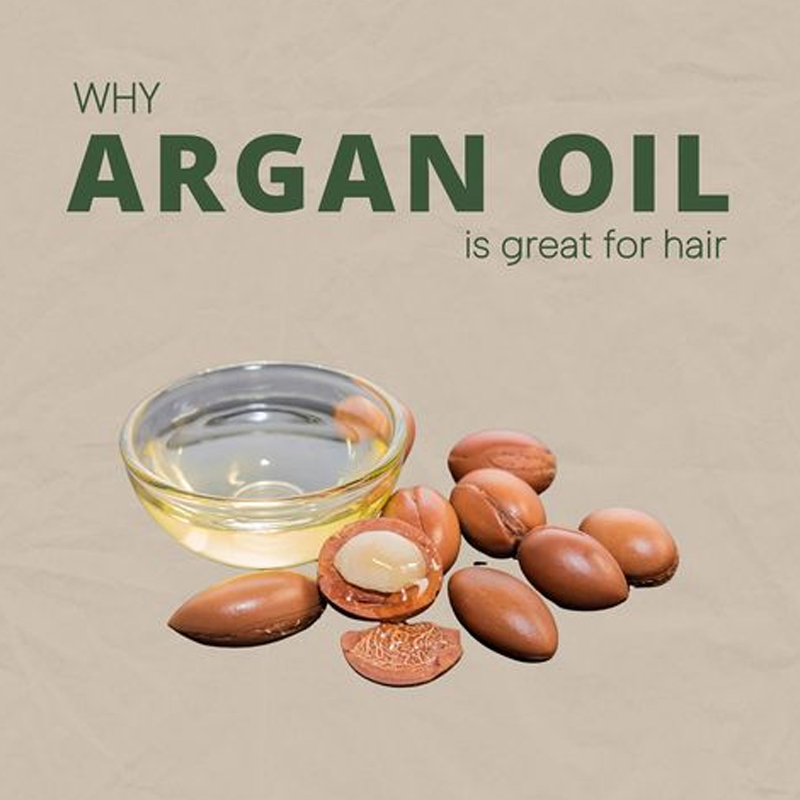
How Do You Find Reliable Argan Oil Suppliers?
Sourcing high-quality argan oil is the foundation of your private label line. Start by researching suppliers with a proven track record in the industry. Look for those who prioritize sustainable sourcing and fair trade practices. These ethical considerations not only ensure a superior product but also resonate with conscientious consumers.
When evaluating potential oil suppliers, consider the following factors:
- Organic certification: Ensure your supplier provides certified organic argan oil to meet the growing demand for natural products.
- Extraction methods: Prioritize suppliers who use cold-pressed extraction, as this method preserves the oil’s nutritional properties and purity.
- Traceability: Choose suppliers who can provide detailed information about their sourcing and production processes.
Don’t hesitate to request samples and conduct your own quality tests before committing to a supplier. Building a strong relationship with your oil supplier will be crucial for maintaining consistent quality as your brand grows.
What Are the Best Extraction Methods for Premium Argan Oil?
The extraction method used for argan oil significantly impacts its quality and efficacy. Cold-pressed extraction is widely regarded as the gold standard in the industry. This method involves pressing the argan kernels at low temperatures, typically below 120°F (49°C), to preserve the oil’s natural properties and prevent oxidation.
Here’s why cold-pressed extraction is superior:
- Retains more nutrients and antioxidants
- Preserves the oil’s natural scent and color
- Results in a purer product with a longer shelf life
- Aligns with consumer preferences for minimally processed natural products
While mechanical extraction methods are more efficient for large-scale production, they may compromise the oil’s quality. Always opt for suppliers who prioritize quality over quantity in their extraction processes.
How Can You Ensure Product Purity and Quality Control?
Maintaining product purity and implementing stringent quality control measures are essential for building trust with your customers and establishing your brand as a premium offering in the market. Here are some key steps to ensure the highest standards for your argan oil line:
- Implement a rigorous testing protocol:
- Conduct regular chemical analyses to verify oil composition
- Perform microbial testing to ensure product safety
- Check for contaminants and adulterants
- Establish clear quality benchmarks:
- Define acceptable ranges for key quality indicators
- Create a standardized evaluation process for each batch
- Invest in proper storage and handling:
- Use dark glass bottles to protect the oil from light exposure
- Store in cool, dry conditions to prevent oxidation
- Train staff on quality control procedures:
- Ensure all team members understand the importance of maintaining quality standards
- Regularly update training to reflect best practices in the industry
By prioritizing product purity and quality control, you’ll build a reputation for excellence that will set your brand apart in the competitive argan oil market.
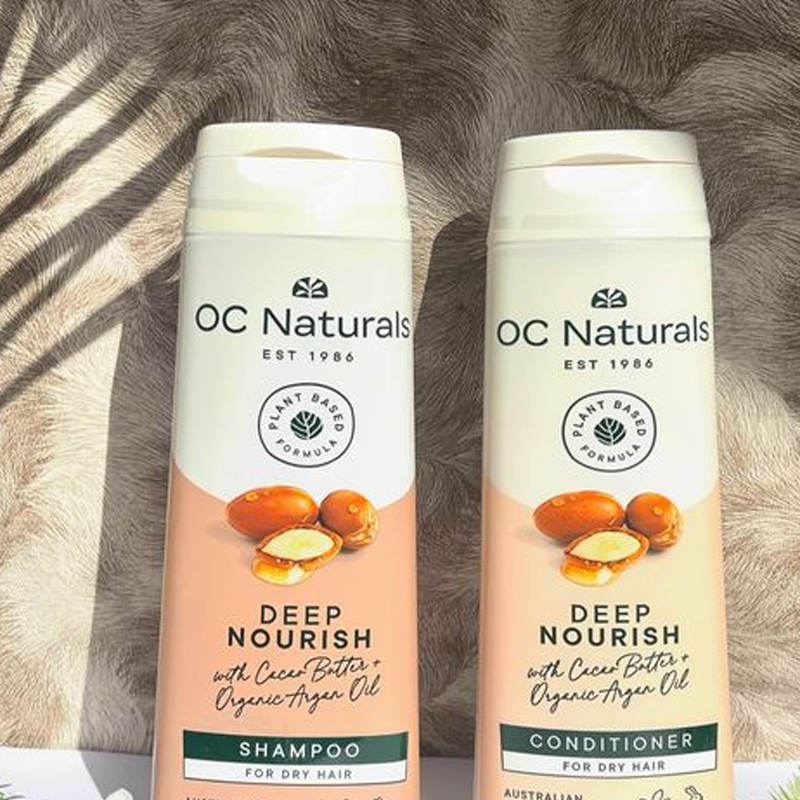
Who Is Your Target Market, and How Do You Reach Them?
Understanding your target market is crucial for tailoring your product offerings and marketing strategies. The argan oil consumer base is diverse, but some key demographics to consider include:
- Beauty enthusiasts seeking natural, multi-use products
- Environmentally conscious consumers interested in sustainable beauty options
- Individuals with specific skin or hair concerns that argan oil can address
- Professional salons and spas looking for high-quality treatment products
To effectively reach your target market, consider the following strategies:
- Leverage e-commerce platforms:
- Set up a user-friendly online store
- Optimize product listings for search engines
- Offer detailed product information and usage guides
- Engage with beauty influencers:
- Collaborate with influencers whose audience aligns with your target market
- Provide product samples for honest reviews and demonstrations
- Utilize social media marketing:
- Create engaging content showcasing your product’s benefits
- Share customer testimonials and before-and-after photos
- Run targeted ad campaigns on platforms like Instagram and Facebook
- Develop partnerships with salons and spas:
- Offer professional-sized products for in-salon treatments
- Provide training and support for salon staff
By understanding your target market and implementing a multi-faceted marketing approach, you’ll be well-positioned to capture the attention of potential customers and grow your brand.
Why Are Fair Trade Practices Important in Argan Oil Production?
Fair trade practices are not just a moral imperative; they’re also a smart business decision in today’s conscious consumer market. When it comes to argan oil production, fair trade ensures that the women’s cooperatives in Morocco, who have traditionally been responsible for argan oil extraction, receive fair compensation for their labor.
Here’s why fair trade practices should be a cornerstone of your argan oil business:
- Ethical sourcing: Ensures workers receive fair wages and work in safe conditions
- Community development: Supports local economies and empowers women in rural areas
- Quality assurance: Fair trade often correlates with higher quality products due to better working conditions and attention to detail
- Brand reputation: Consumers increasingly prefer brands with transparent and ethical supply chains
- Marketing advantage: Fair trade certification can be a powerful selling point for your products
By committing to fair trade practices, you’re not only contributing to sustainable development in Morocco but also building a brand that resonates with ethically-minded consumers.
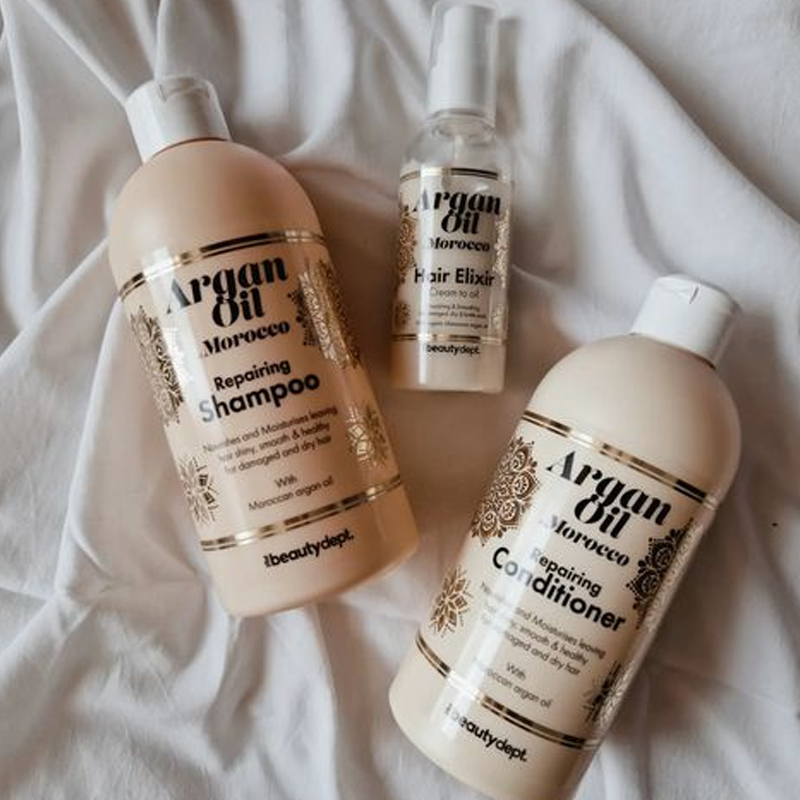
How Do You Create a Unique Brand Identity for Your Argan Oil Line?
Creating a distinctive brand identity is crucial for standing out in the crowded beauty market. Your brand should tell a compelling story that connects with your target audience and communicates the unique value of your argan oil products.
Consider these elements when crafting your brand identity:
- Brand name and logo:
- Choose a name that’s memorable and reflects your brand values
- Design a logo that’s visually appealing and versatile across different media
- Brand story:
- Highlight the origins of argan oil and its cultural significance
- Share your brand’s mission and commitment to quality and sustainability
- Visual aesthetics:
- Develop a consistent color palette and typography that reflects your brand personality
- Create a style guide for all brand communications
- Brand voice:
- Define the tone and language that best represents your brand
- Ensure consistency across all marketing materials and customer interactions
Remember, your brand identity should be authentic and resonate with your target market. It should also be flexible enough to evolve with changing beauty trends while maintaining your core values.
What Are the Key Considerations for Packaging Design?
Packaging design plays a crucial role in attracting customers and conveying your brand’s values. For an argan oil line, packaging should not only be visually appealing but also functional and eco-friendly.
Here are some key considerations for your packaging design:
- Protection: Choose packaging that protects the oil from light and air exposure to maintain its quality
- Functionality: Consider dropper bottle designs for precise application and ease of use
- Eco-friendly materials: Opt for recyclable or biodegradable materials to appeal to environmentally conscious consumers
- Brand consistency: Ensure your packaging design aligns with your overall brand identity
- Information clarity: Include clear product information, usage instructions, and ingredient lists
- Differentiation: Create packaging that stands out on store shelves or in online product photos
Don’t underestimate the power of great packaging. It’s often the first point of contact between your product and potential customers, so make sure it makes a lasting impression.
How Important Is Efficacy Testing for Your Argan Oil Products?
In the competitive beauty industry, claims about product efficacy can make or break your brand. Conducting thorough efficacy testing not only ensures that your argan oil products deliver on their promises but also provides you with valuable marketing material.
Here’s why efficacy testing is crucial:
- Validates product claims: Provides scientific backing for the benefits you advertise
- Builds consumer trust: Demonstrates your commitment to transparency and quality
- Guides product development: Helps identify areas for improvement or new formulation ideas
- Differentiates your brand: Sets you apart from competitors who may not invest in rigorous testing
- Supports marketing efforts: Provides concrete data for marketing materials and product descriptions
Consider partnering with dermatologists or independent testing labs to conduct studies on your argan oil products. Focus on key areas such as moisturizing properties, anti-aging effects, and hair health benefits. Use the results to craft compelling marketing messages and build credibility for your brand.
What Are the Current Beauty Trends Shaping the Argan Oil Market?
Staying informed about current beauty trends is essential for keeping your argan oil line relevant and appealing to consumers. Here are some key trends influencing the argan oil market:
- Clean beauty:
- Focus on natural, non-toxic ingredients
- Transparent labeling and ingredient sourcing
- Sustainability:
- Eco-friendly packaging solutions
- Emphasis on ethical sourcing and production methods
- Multi-use products:
- Versatile formulas that can be used on hair, skin, and nails
- Travel-friendly packaging for on-the-go consumers
- Customization:
- Personalized beauty solutions tailored to individual needs
- DIY beauty kits for at-home treatments
- Digital engagement:
- Virtual try-on experiences using AR technology
- Interactive beauty ritual guides on social media platforms
By aligning your product offerings and marketing strategies with these trends, you can ensure that your argan oil line remains at the forefront of the beauty industry.
How Can Chinese Factories Support Your Argan Oil Business?
While Morocco is the primary source of argan oil, Chinese factories can play a crucial role in supporting various aspects of your argan oil business. From packaging production to formulation of complementary products, partnering with reliable Chinese manufacturers can help streamline your operations and reduce costs.
Here’s how Chinese factories can support your argan oil line:
- Packaging production: Source high-quality, eco-friendly packaging materials at competitive prices
- Formulation expertise: Develop complementary products like argan oil-infused skincare or haircare items
- Private labeling services: Create custom-branded products to expand your product line
- Quality control systems: Implement rigorous testing protocols to ensure product consistency
- Scalable production: Meet growing demand with efficient manufacturing processes
If you’re considering partnering with Chinese factories to support your argan oil business, BuyFromChinaDirect can help you source smarter. Our expertise in connecting businesses with reliable Chinese manufacturers can help you navigate the complexities of international sourcing, ensuring you find the right partners to grow your argan oil empire.
By leveraging the strengths of both Moroccan argan oil production and Chinese manufacturing capabilities, you can create a robust supply chain that supports your brand’s growth and success in the competitive beauty market.

